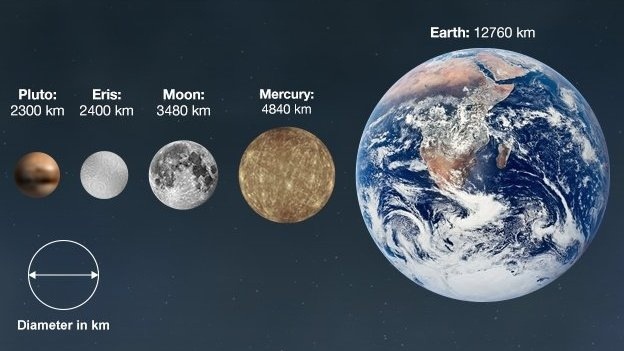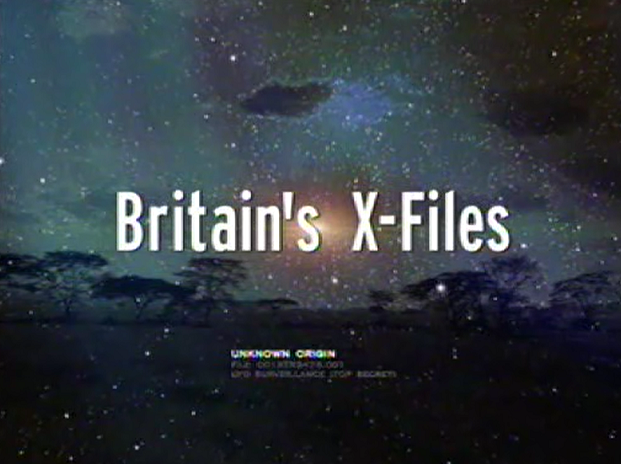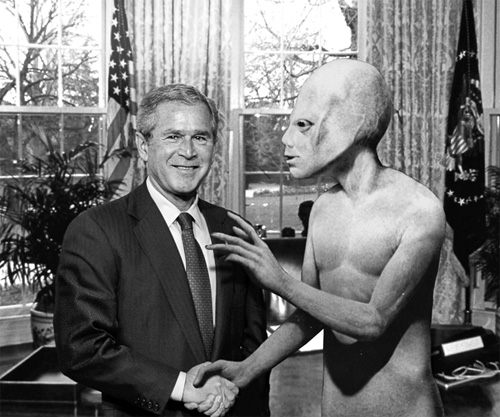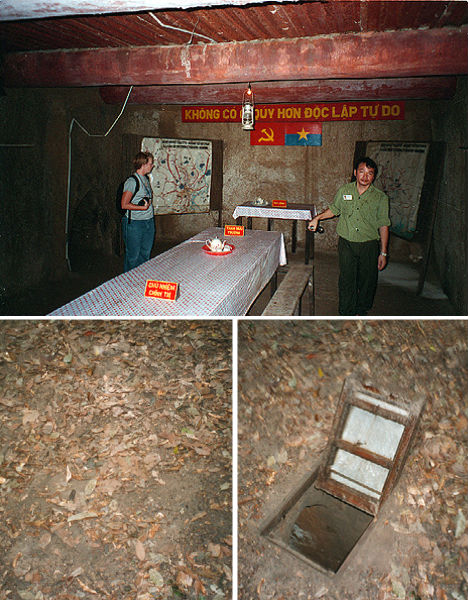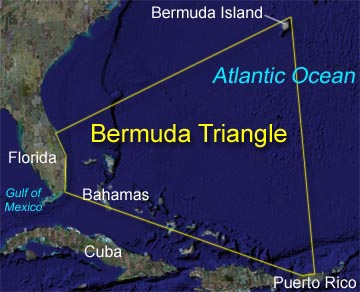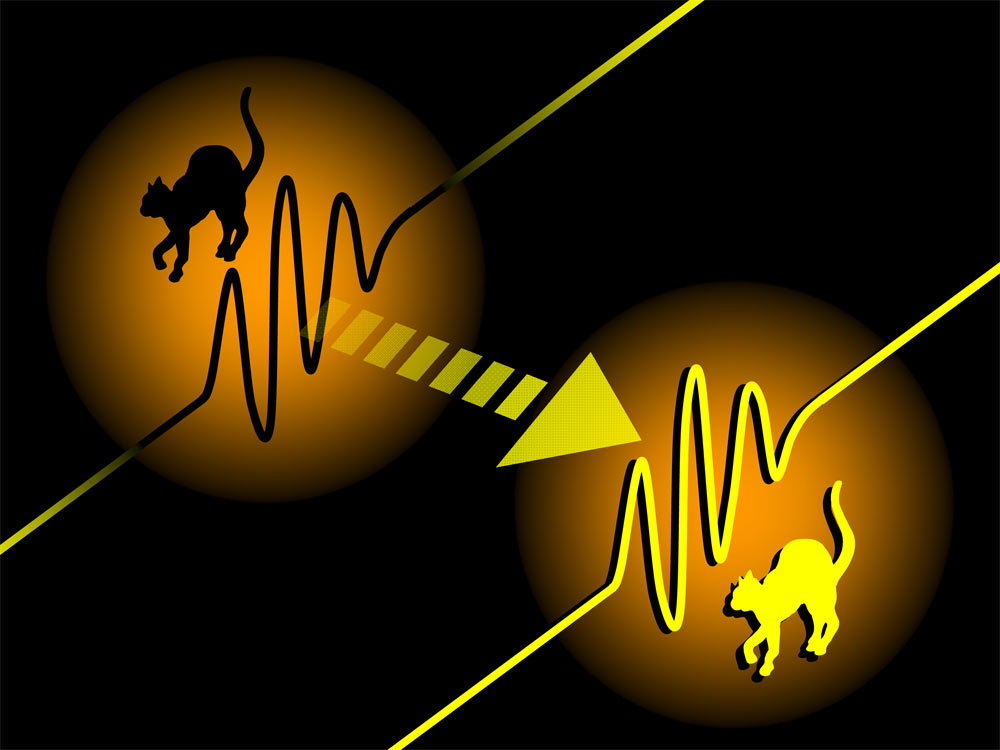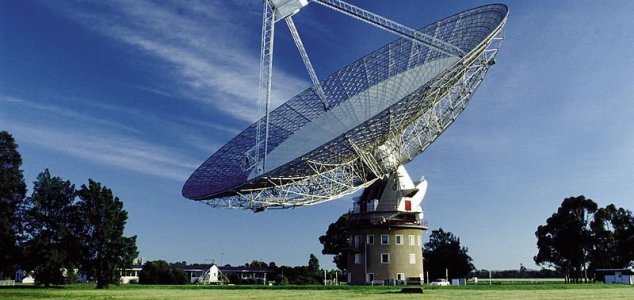
CSIRO’s Parkes Radio Telescope in Australia.
Last week Professor Stephen Hawking and a number of other prominent scientists announced the launch of a new $100 million initiative designed to find evidence of intelligent extraterrestrial life.
The endeavor will be one of the most thorough and extensive ever undertaken and will focus on picking up signs of radio signals that might have been sent by someone else out in space.
While listening for alien messages could help us learn more about our place in the universe however not everyone believes that attempting to communicate with aliens would be in our best interests.
Matthew Bailes of Swinburne University in Melbourne, who is himself in charge of the initiative’s efforts to find signs of life on other planets, maintains that establishing communications with an alien race capable of sending signals over vast distances could potentially lead humanity to ruin.
“The history of weak civilizations contacting more advanced civilizations is not a happy one,” he said.
His sentiments echo those of researchers and scientists who signed a petition earlier this year to warn that intelligent extraterrestrials are just as likely to be hostile as they are to be peaceful.
To search for a signal Professor Bailes and his team will be using the Parkes radio telescope in what has been described as a “Silicon Valley approach to the search for intelligent life.”
“The difficulty is to know what sort of signal we are looking for,” he said. “There is no manual on how to find aliens. We’ll have to imagine the sort of transmissions an alien race might send.”
“The signal is likely to be quite feeble after coming vast distances. We’ll need to be looking for advanced civilisations that have significantly more transmission grunt than we are capable of.”
Originally posted 2015-08-27 15:24:55. Republished by Blog Post Promoter




